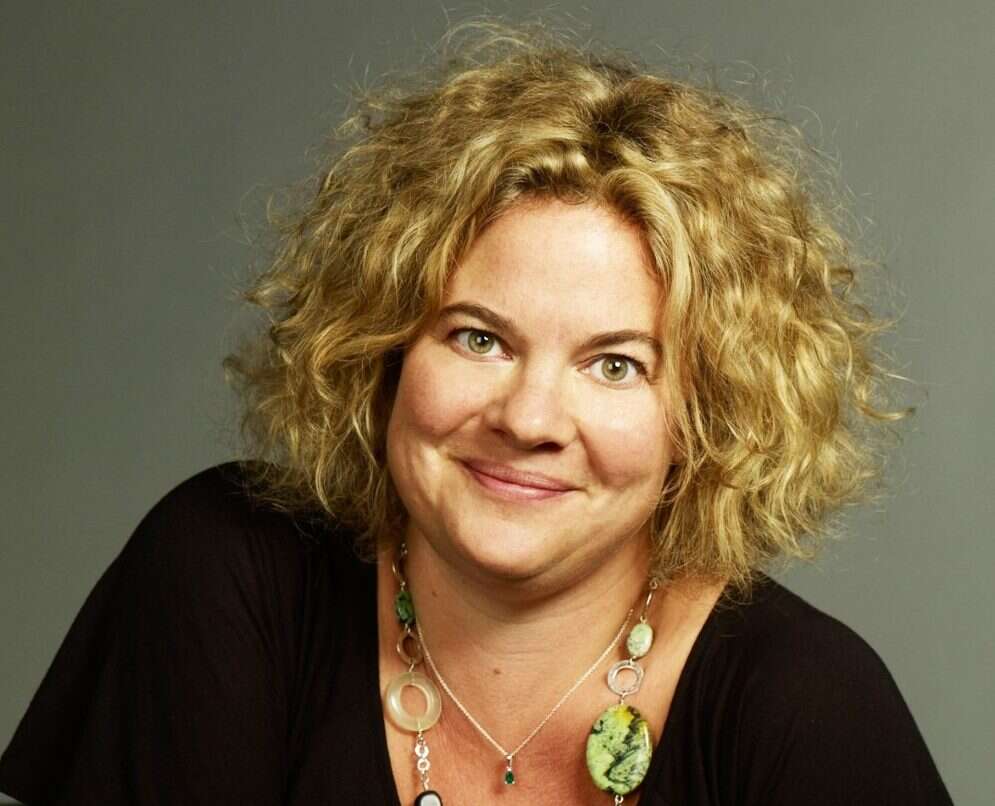
Former Sunday Times editorial director Eleanor Mills has resigned from the Society of Editors board in protest at the body’s handling of a row around bigotry in the media.
The body’s executive director Ian Murray prompted a storm of outrage on 8 March when he issued a statement saying: “the UK media is not bigoted”, in response to criticism levelled against the tabloid press in particular by Prince Harry and Meghan Markle.
Mills publicly distanced herself from the statement, as did fellow board members i editor Oly Duff, who said it was “ludicrous” to issue a “blanket defence of all media coverage”, and The Voice news editor Vic Motune.
The Society issued a clarification two days later saying that the initial statement “did not reflect what we all know: that there is a lot of work to be done in the media to improve diversity and inclusion”, and Murray resigned his position that evening.
But despite the Society of Editors board holding a crisis meeting on Thursday 11 March, no further statement on the issue has been forthcoming.
The Society depends on income from its events to pay for the cost of its work campaigning on press freedom issues. In 2019 income from events (which also include its annual conference) totalled £358,974 out of total turnover of £420,564.
In her resignation statement Mills said: “Today I am resigning from my position on the board of the Society of Editors.
“I did not do so in the immediate aftermath of Ian Murray’s statement saying the UK press was not bigoted because I was assured by fellow board members that a robust rebuttal of his remarks would soon be forthcoming.
“Two weeks after the extraordinary board meeting in the wake of Murray’s departure that apology and clear statement about the Society’s current view in regards to whether the lack of diversity in our newsrooms amounts to structural racism in the UK media is still not forthcoming. I have lost confidence in the SOE ever delivering such a statement.
“Unlike many board members I have no institutional ties keeping me from resigning on this matter of principle, so today that is what I am doing.
“In August Women In Journalism, which I then chaired, published research showing that in the week that we monitored Britain’s premier news outlets not a single newspaper published a front-page story by a black reporter; and in that time only one black person was quoted on the front page of a newspaper (even though this was in the weeks after the Black Lives Matter protests).
“I feel like I need to explain the background a bit. Our press becomes not a true reflection of society but a distorting lens if those making the decisions and writing the stories are not representative of the broader population.
“The chronic lack of diversity in British newspaper newsrooms and the lack of representation of BAME groups in decision-making amounts in my view and those of many others, to structural racism in the media.
“This is not to accuse individuals of racism but merely to remark that the lack of a broader perspective and representation of non-white views can result in unfairly slanted coverage.
“Often segments of our media do operate a double standard when it comes to race and I believe it is the duty of the Society of Editors to come out and say so. If there is no agreement even on the scale of the problem we are dealing with then it is hard to have confidence in the decisions of the board going forward to remedy it.
“I joined the board with a remit to increase diversity in newsrooms and to argue hard for it behind closed doors. This I have done passionately.
“While there are some excellent colleagues on the SOE board whose hearts I know are in the right place, I do not think they have adequately distanced themselves from Ian Murray’s damaging remarks.
“The WIJ research in the summer shows that the press lags seriously behind TV and radio in the UK (some 30% of TV presenters are now from BAME backgrounds, though only 12% of journalists are).
“Most UK newspapers either have zero or single digit numbers of BAME editors and reporters on their staff. For the media to fulfil its duty in a democracy to inform the public fairly, this has to change.
“I wish my former colleagues on the SOE board all the best for their future efforts to increase diversity, there has been some good work going on behind the scenes. But for me the failure to roundly condemn Murray’s remarks means I cannot in good conscience stay.”
The Society of Editors has 400 members and its board includes senior executives on various major UK news publishers including: the BBC, Daily Mail, Telegraph, PA Media, Reach, JPI Media and Newsquest.
Society of Editors president Alison Gow, who is head of audience and content director for Reach North West, said: “I would like to thank Eleanor for her energy and drive as part of the society board, and wish her the very best. The society is totally committed to helping improve diversity in our industry and working on supporting best practice in newsrooms”.
Email pged@pressgazette.co.uk to point out mistakes, provide story tips or send in a letter for publication on our "Letters Page" blog
